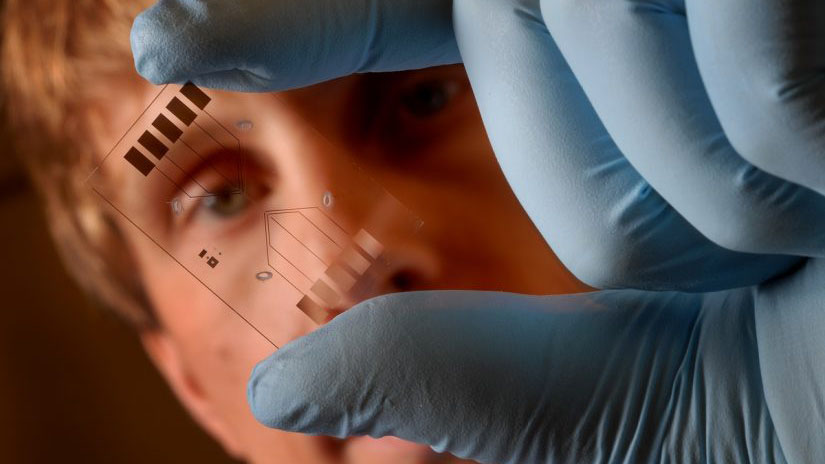Master of Nanoengineering

Program Overview
The Master of Nanoengineering (MNAE) distance education program is designed for professionals with degrees in science or engineering who wish to pursue a degree in nanoengineering and who wish to revolutionize technology and improve quality of life specifically related to energy, environment, and health with nanoscale materials, devices, and systems. 30 credit hours. No thesis required. No GRE scores required.
Admission Requirements
The minimum requirements for admission to the online Master of Nanoengineering graduate degree program are as follows:
- BS degree in science (i.e., chemistry or physics) or engineering from an accredited university with a minimum 3.0 GPA in their major.
- GRE scores (Though submitting GRE scores has been waived since 2020, they are welcome to be included)
- Three letters of recommendation from persons able to comment on the applicant’s qualifications for graduate study.
- Official transcript.
- Completion of a written statement outlining the student’s background, work experience, and particular interest in nanoengineering.
- English Proficiency: TOEFL or IELTS scores (no more than two years old) are required for international applicants unless they have successfully (cumulative GPA of 3.0 or higher) completed at least one year of full-time study in a degree program at a regionally accredited four-year US College or university. The Graduate School also accepts Duolingo English Test examination results. A minimum score of 110 is required for full admission to NC State.
Degree Requirements
- Completion of 30 graduate credit hours with an overall GPA of 3.0
- Coursework must include 12 credit hours in core courses, a minimum of 12 credit hours in the area(s) of specialization, and 6 technical elective credit hours (e.g., in another area of specialization or in math).
- A minimum of three courses are required to qualify for a concentration in one of three areas: materials science in nanoengineering, nanoelectronics and nanophotonics, and biomedical sciences in nanoengineering.
- If the student is admitted to the nanoengineering program, a maximum of twelve hours taken as an NDS student from NC State or another institution may apply toward the 30 credit hour requirement. However, courses taken from other universities must be approved.
- No thesis or on-campus residency is required.
- After a student has been admitted and enrolled for the first time, he/she is required to maintain continuous enrollment in each fall and spring semester until completion of the degree program. A student in good academic standing may request a leave of absence for good reasons from the Director of the Graduate Program in Nanoengineering. The leave may not exceed two semesters.
- A six-year time limit for completion is required.
- Master of Nanoengineering Info Sheet
Course Registration
On-campus students register for courses in the normal manner through the University MyPack Portal system whereas distance education students register for online courses through Engineering Online. To register for an Engineering Online course, please utilize the Engineering Online Portal.
Course Offerings
A list of courses available for each semester is available in the Graduate School Course Catalog while available distance education courses can be found on the Engineering Online website. Full-time employed individuals may only enroll in two online courses per semester. It is highly recommended that new online students enroll in only one course during their first semester.
Course Logistics
Online courses are the same as on-campus courses in terms of content, requirements and academic rigor. On-campus class lectures are captured, digitized and placed on the Internet for distance students to access at any time and from any location. Students must, however, follow the on-campus class schedule in terms of submitting homework and taking exams. Course assignments, lecture notes, and handouts are made available to distance students on the course website. All in-class exams must be proctored.
Contact Information
- For more information about the Master of Nanoengineering (MNAE) program, contact:
Dr. Doug Irving
Director Graduate Program, Nanoengineering
Department of Materials Science and Engineering
Telephone: 919.515.7622
Email: dlirving@ncsu.edu
Department website: http://www.mse.ncsu.edu - For more information about the online registration process, course offerings and course logistics, contact:
Dr. Linda Krute
Director of Distance Education Programs
College of Engineering
Telephone: 919.515.5440
Email: linda_krute@ncsu.edu
Engineering Online website: https://engineeringonline.ncsu.edu